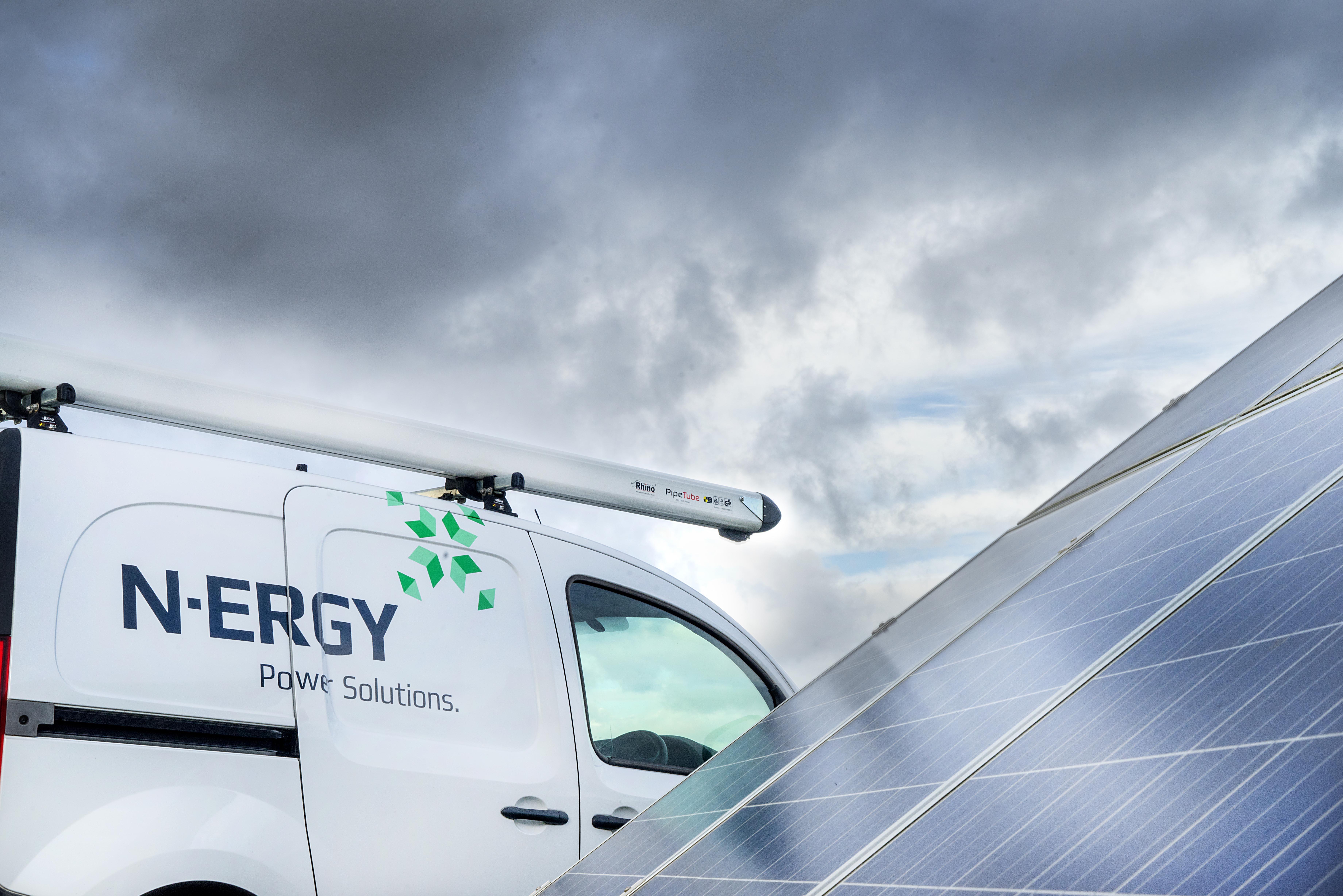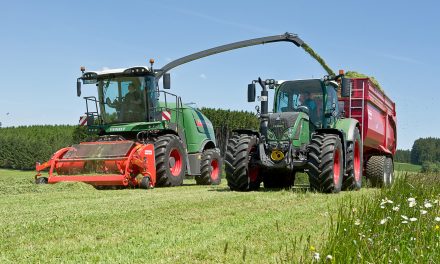Many farms throughout the UK are benefiting from renewable energy schemes (incl. Solar and Wind), to diversify incomes and reduce the impact of fluctuating import energy prices.
Although few farmers are gaining the maximum benefit from these schemes, the average system throughout the UK exports more than 50% of the total generation.
Comparing fixed export rates to import rates, generation is far more valuable when utilised on site. Considering energy storage schemes (such as batteries) can help increase the profitability of existing renewable energy systems.
The feed-in tariff (FiT) scheme has attracted many farms; they installed renewable energy systems with greater capacity than the consumption to justify the investment and get maximum benefit from the FiTs.
However, the government has cut renewable energy subsidies and incentives in April 2016. In November 2017, the UK Treasury has declared no subsidies will be granted to renewable energy projects before 2025 making the sector less attractive for new investors and less profitable for current ones.
Specialists in the field, such as Keith Robertshaw, disagree with this and argue that farms are not achieving the maximum profitability of their renewable energy systems.
Robertshaw, Business Development Director of N-ERGY Power Solutions, highlights: “Renewables can supplement incomes and be a great source of energy independence for farms. However, the downside to renewables is that they are intermittent and do not produce electricity when we want them to.”
“After analysing the energy status of farms in the UK, we realised what farmers need is an energy storage solution. Batteries can increase the profitability of solar panels or wind turbines up to 50% on energy imported from the grid”, Robertshaw added.
N-ERGY Power Solutions specialises in finding energy solutions for farms in the UK to increase the return on investment. In addition to offering operation and maintenance (O&M) services for AD plants, gas engines, and generators, N-ERGY has customised solutions for renewable energy systems and batteries.
Robertshaw explains; “Farmers get paid around 5p per Kilowatt-hour when they export electricity, whereas, they pay around 12p/kWh when they buy it. With existing schemes, the point of generation must be the point of consumption, with most schemes the point of generation will not match the site demand, that surplus generation will be ‘lost’.”
N-ERGY can add batteries to already existing renewable energy systems so the farms can store electricity and use it when there is a consumption load on the farm. Robertshaw says “we, at N-ERGY, design batteries in a way to ensure maximum efficiency and benefit for farms.”



